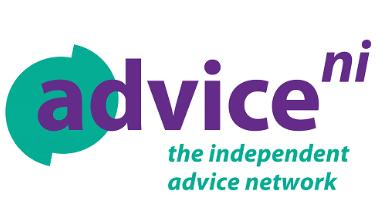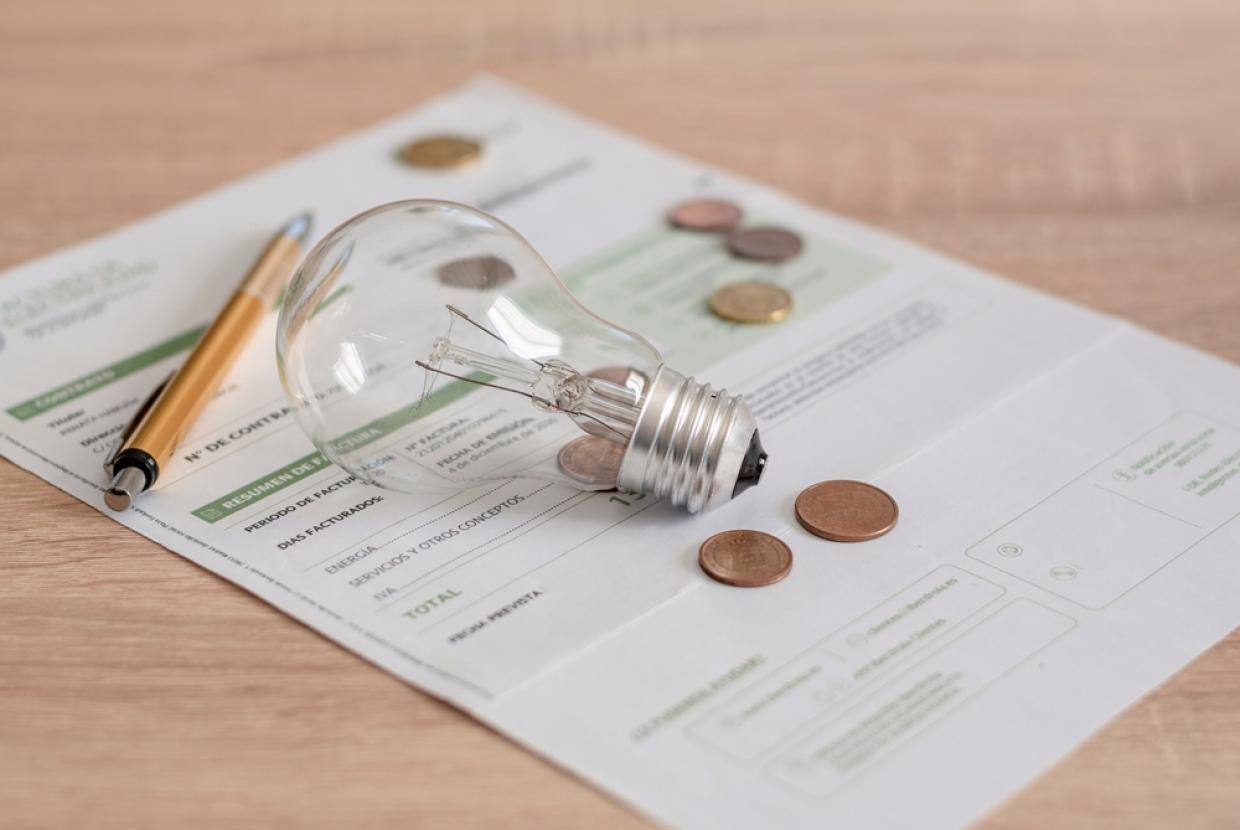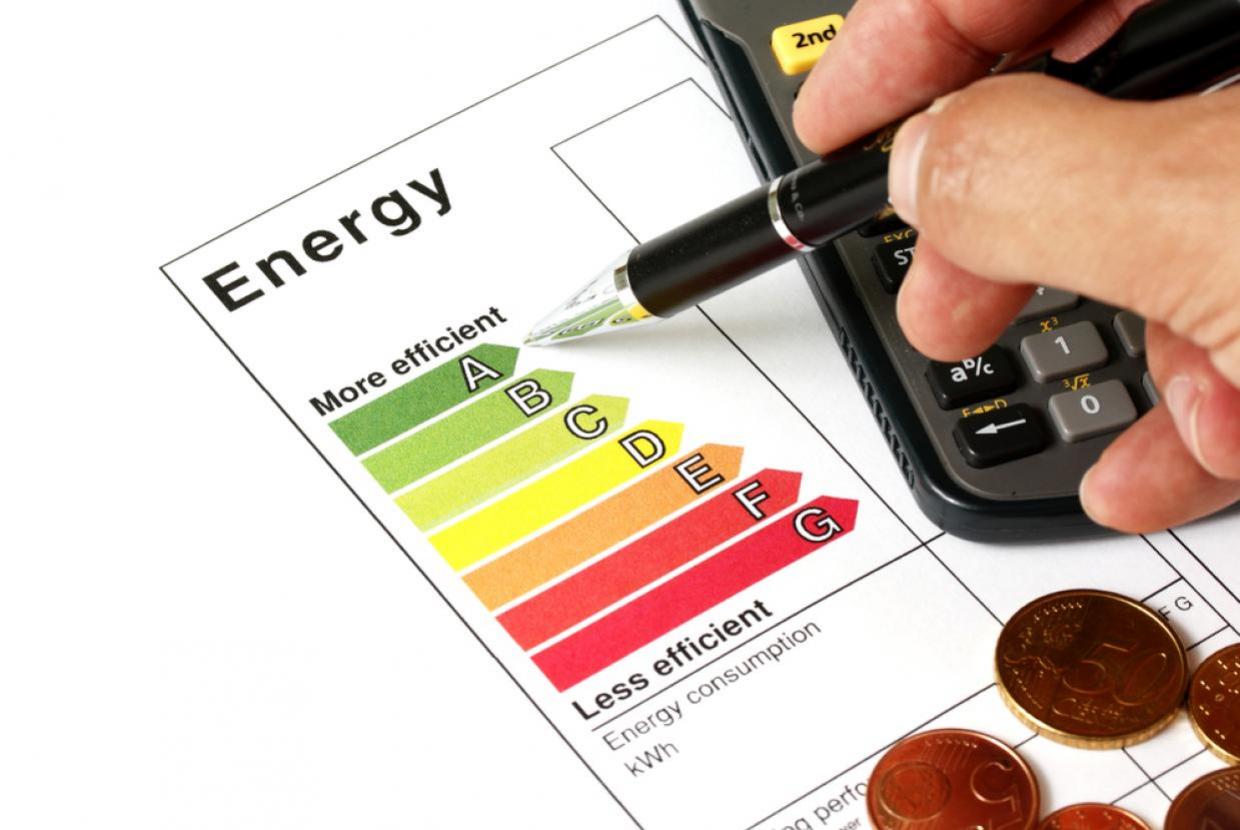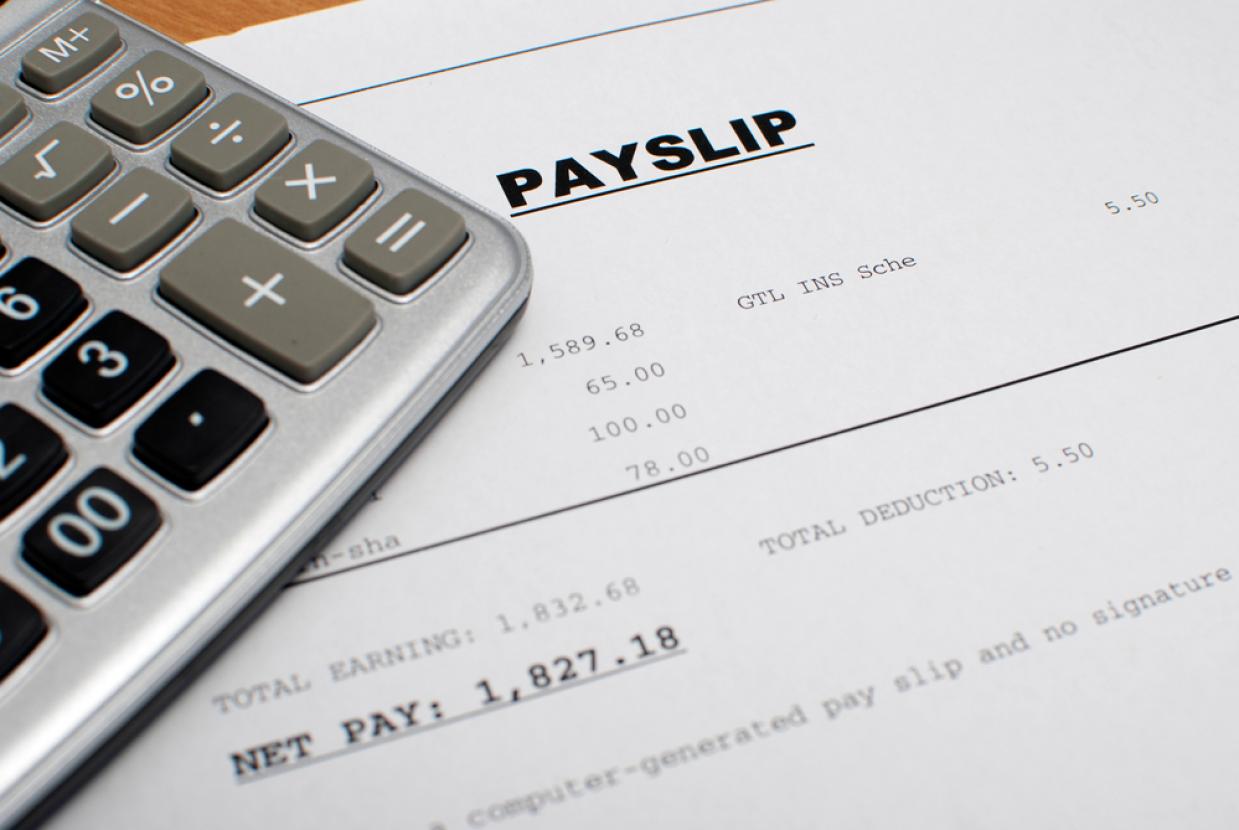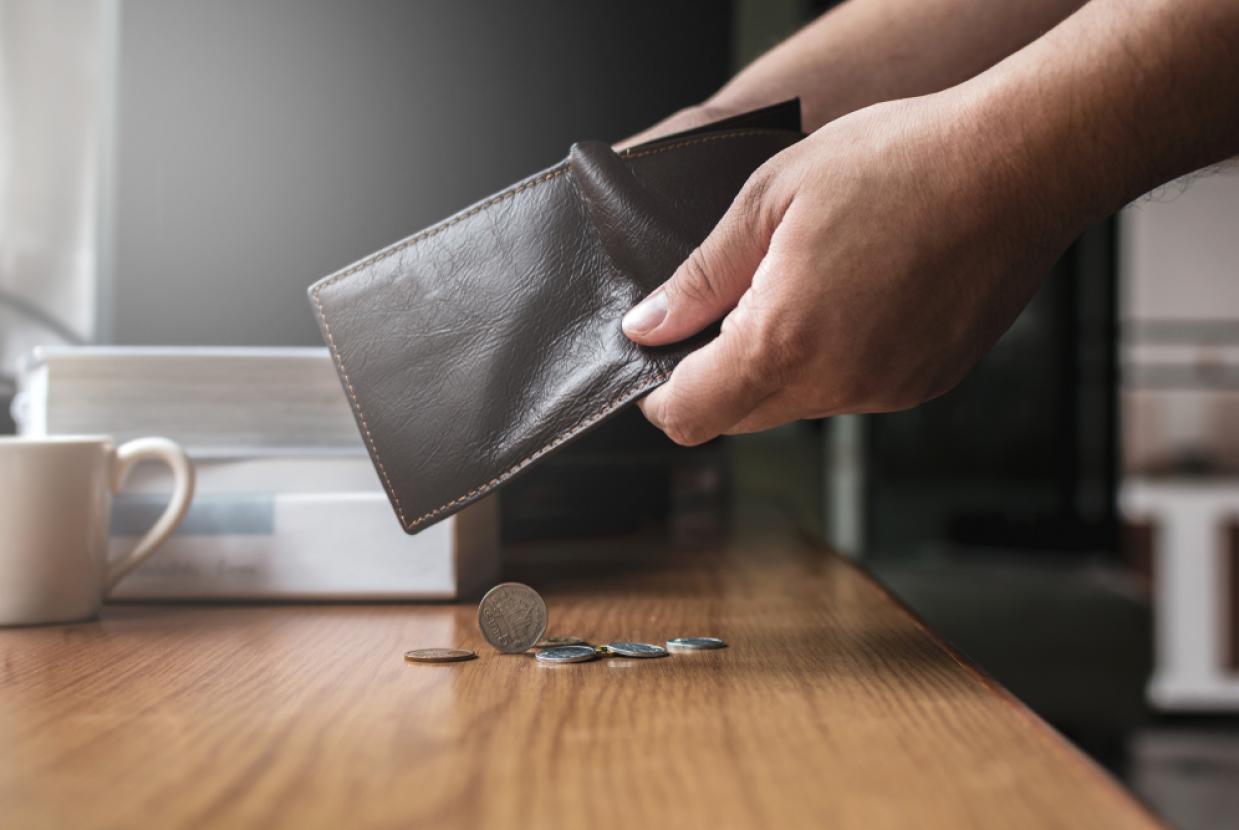Top Tips to Avoid Debt This Christmas
While the festive period can be wonderfully joyful, for others it can bring with it stress and anxiety because of their financial difficulties. However It doesn’t have to be like this. The fact is there are ways to experience the best without bringing on the worst by running up unnecessary debt.
Why you should avoid Christmas debt
In the run up to Christmas most people simply put the blinkers on to their financial issues and take the credit cards out. They don’t want to think about the bills that will arrive in January. The feeling is buy now pay later. People can get caught up in the excitement and buy just for the sake of buying. When you do this you run the risk that in January, when bills start piling up in the letterbox, you will suffer buyer’s remorse. Most of the people that you will buy presents are not looking for extravagant gifts they are so happy to be remembered.
10 Top Tips for Avoiding Christmas Debt
There are ways to avoid running up debt during the festive period.
1. Set a Budget and Stick To It
List your monthly income. The most important thing is to make sure you pay your priority outgoings such as mortgage, rent, rates, electricity, heating, HP, any insurances, secured debts, and any insurances. If you owe money to creditors keep making these payments. After these expenses are deducted the money that is remaining is surplus income which you can use any way you want
2. Start Saving Early
This is one of the smartest things you can do to ensure a joyful festive season. The less you must find from your budget during the holidays the better off you will be. Therefore, the earliest you start to save by looking at your budget in the months leading up to Christmas the better.
3. Start Your Christmas Shopping Early
If you see the perfect Christmas gift on sale in June or July and you can afford it, don’t hesitate. No one will know or care when you bought it.
4. Keep Track of Spending Over the Festive Period
Keep a running list of expenses and compare it constantly to your budget. If you find yourself exceeding your budget put on the brakes and reassess what purchases are essential.
5. Avoid Hidden Expenses
Watch both your bank balance and overdraft limit to make sure you won’t face any penalties, overdraft charges or interest. Also ensure you take into account when direct debits or standing orders are due to be paid, so that they don’t bounce, and you don’t get charged for missed payments. Hidden expenses can be a budget killer.
6. Consider a Clear Out
To increase your budget or to prevent going into debt this Christmas you could consider a clear out. By attending a car boot sales or listing your items on websites such as Gumtree or eBay you can clear your house of items you no longer use and earn Christmas spending money in the process.
7. Consider a Seasonal Job
If you have some free time available and cannot see any further cutbacks in your expenditure, or do not wish to cut back on your expenses, you might also consider taking on a seasonal job for the months of November and December. Most retailers take on extra staff on short term contracts for the busy festive period and offer them staff discount while they are employees, which can help to stretch the budget further.
8. Manage Expectations
Manage expectations when promising what you can afford at Christmas. This is especially important with children as they do not understand money and therefore can have endless lists and also change their mind every day in the run up to Christmas! Do not feel under pressure to purchase everything they want. If you cannot afford a particular item or they are disappointed then after Christmas talk to your child suggesting if they save up their money you will match it.
9. Keep Receipts
Always keep your receipts safe and together as you may need to return items that are faulty. You can return items within the refund timescale. This is important because your item may have been reduced in price. It is also a good idea to ask for a gift receipt.
10. Beware the Introductory Offer
Shop assistants are encouraged to offer store cards with introductory discount at the point of sale. Although many of these will give a small (generally 10%) discount on your initial purchase, that discount could end up costing you a lot more if you do not pay the card in full when you receive your statement.



